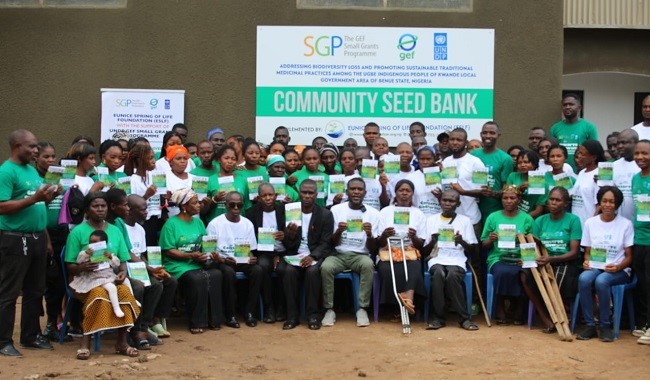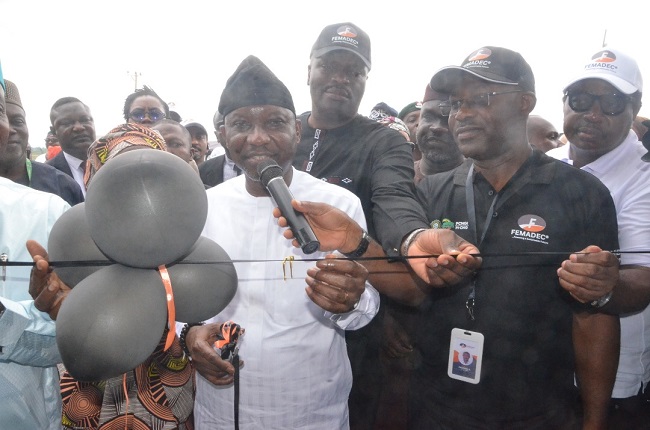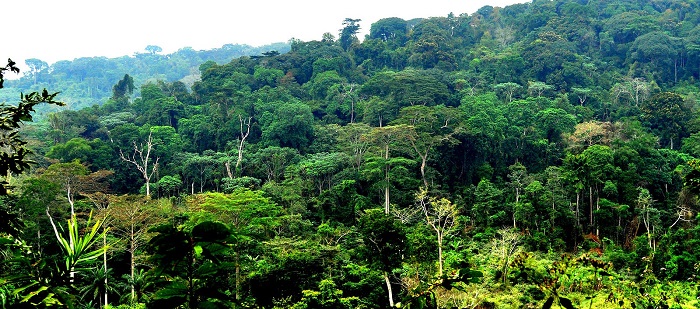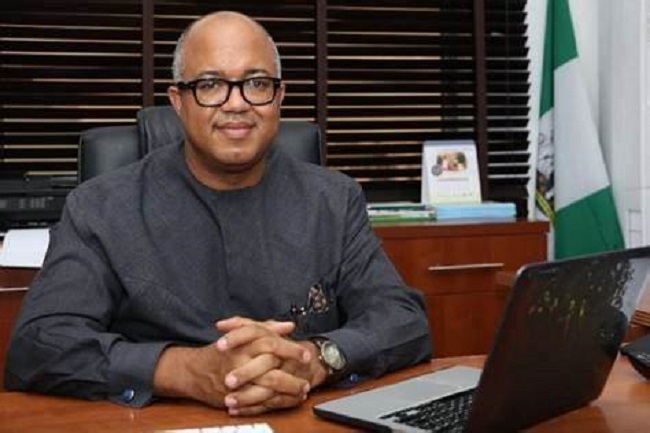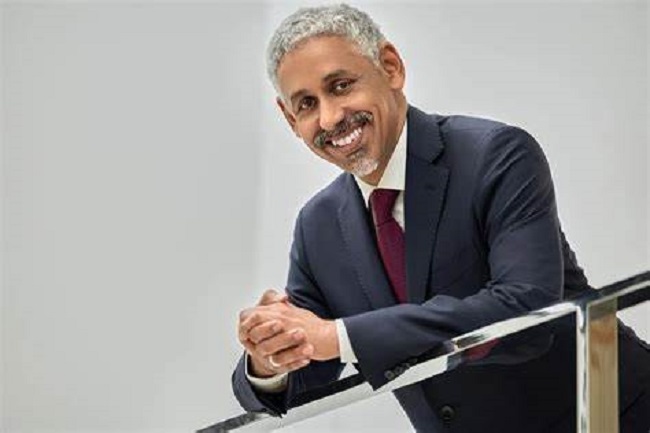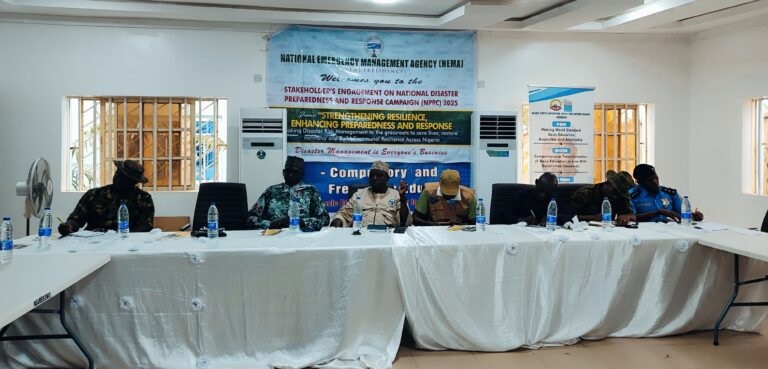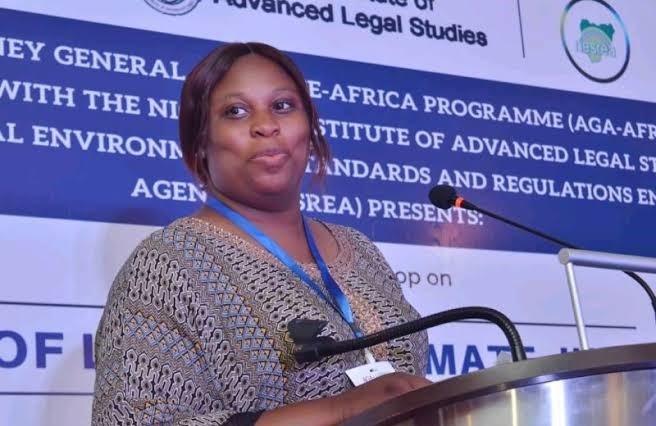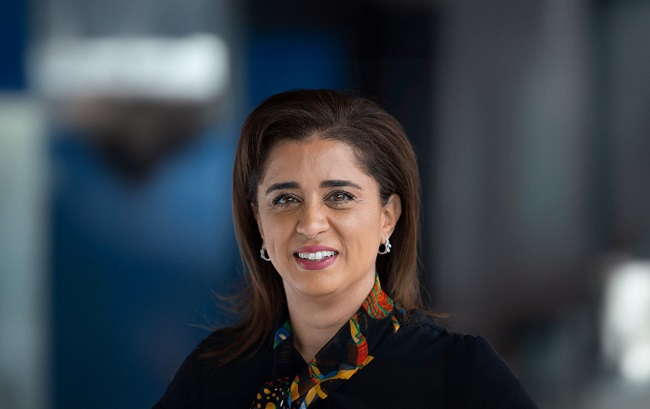A group of Nigerian environmentalists has called for an immediate end to fossil fuel extraction and a transition to a low-carbon economy in order to address and promote climate justice across the country.
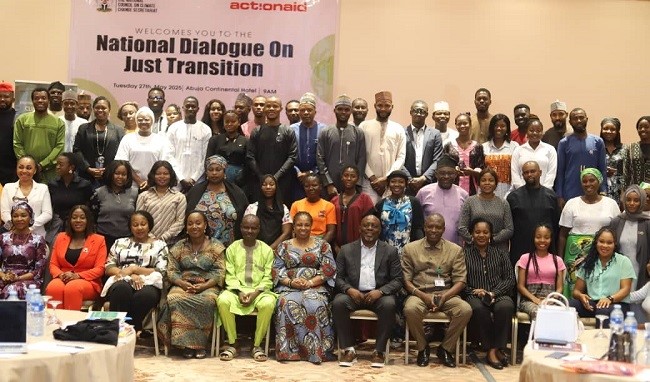
The stakeholders said their call aligns with Nigeria’s national climate agenda, policies, and long-term climate goals.
Speaking at a National Dialogue on Just Transition for Climate Justice in Abuja on Tuesday, May 27, 2025, organised by ActionAid Nigeria in collaboration with the National Council on Climate Change Secretariat (NCCCS), ActionAid Nigeria’s Country Director, Mr. Andrew Mamedu, said that justice is required during this transition process because fossil fuels have an uneven impact on communities.
“As we collectively deliberate on synergising efforts for a just transition with tailored discussions on the prospects and challenges for resilience and environmental justice in resource-dependent socio-ecological systems, there’s an urgent need to transition from fossil fuels and stop greenhouse gases immediately. Global economies must transition to low-carbon economies and societies,” Mamedu, who was represented by Dr. Funmi Olukeye, Director of People and Culture, ActionAid Nigeria, stated.
According to him, the discussion is consistent with his organisation’s climate justice idea, which takes into account the nexus with young people, women, and persons with disabilities (PWD), highlighting the importance of specific actions and solutions to address the various concerns.
In closing, he expressed optimism that a just transition involving economic diversification, social inclusion, and strong governance for climate action will boost biodiversity conservation, protect ecosystems, and lessen environmental damage.
In her remarks at the event, Director General of the NCCCS, Dr. Nkiruka Maduekwe, shared the ongoing efforts by the federal government in addressing the rapid climate challenges and intensifying environmental degradation through policies, legislative frameworks and national directives.
Represented by Mr. Bala Rufai, an assistant director with the council, the DG highlighted the Climate Change Act (CCA, 2021), the National Climate Change Policy (NCCP) 2021-2030, and the NCCCs as highly influential and ambitious roadmaps for Nigeria’s sustainability goals.
“Our gathering today is a strategic imperative, a confluence of intellect and action aimed at shaping a climate-resilient and equitable future for all Nigerians,” she said, emphasising that it is a critical platform to deepen understanding of the social, economic, and environmental dimensions of transitioning to a low-carbon and climate-resilient economy.
In line with her organisation’s focus on addressing the nation’s climate change crisis through nature-based solutions, Dr. Maduekwe went on to say that the council recognises the enormous potential of harnessing the power of ecosystems to address climate change while improving livelihoods and biodiversity.
The project’s national and subnational objectives included reaching important benchmarks like addressing the marginalisation of women and youth in high-value programmes and public services and enhancing sustainable livelihoods for women and youth through climate accountability in the public and private sectors.
By Nsikak Emmanuel Ekere, Abuja

